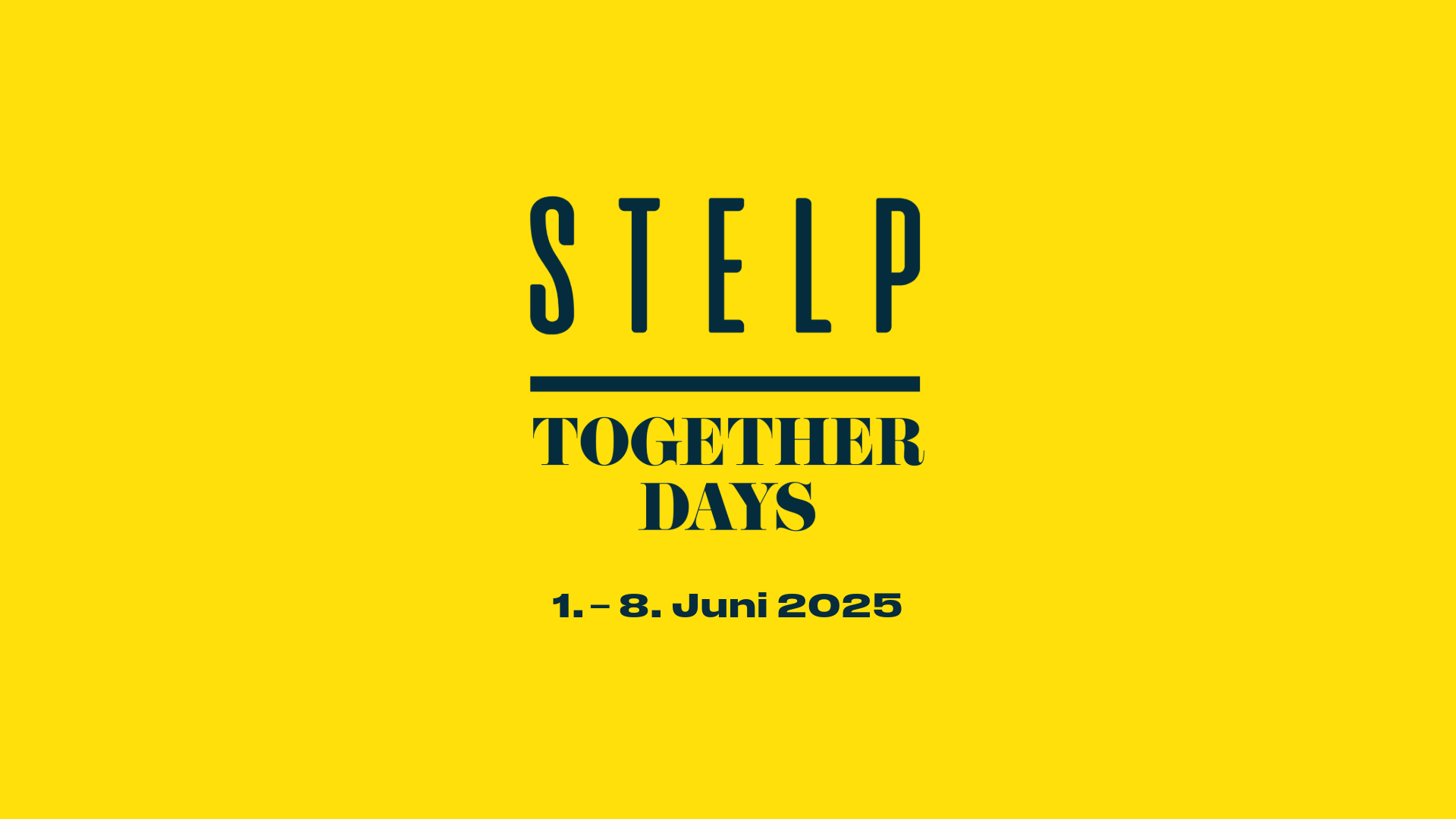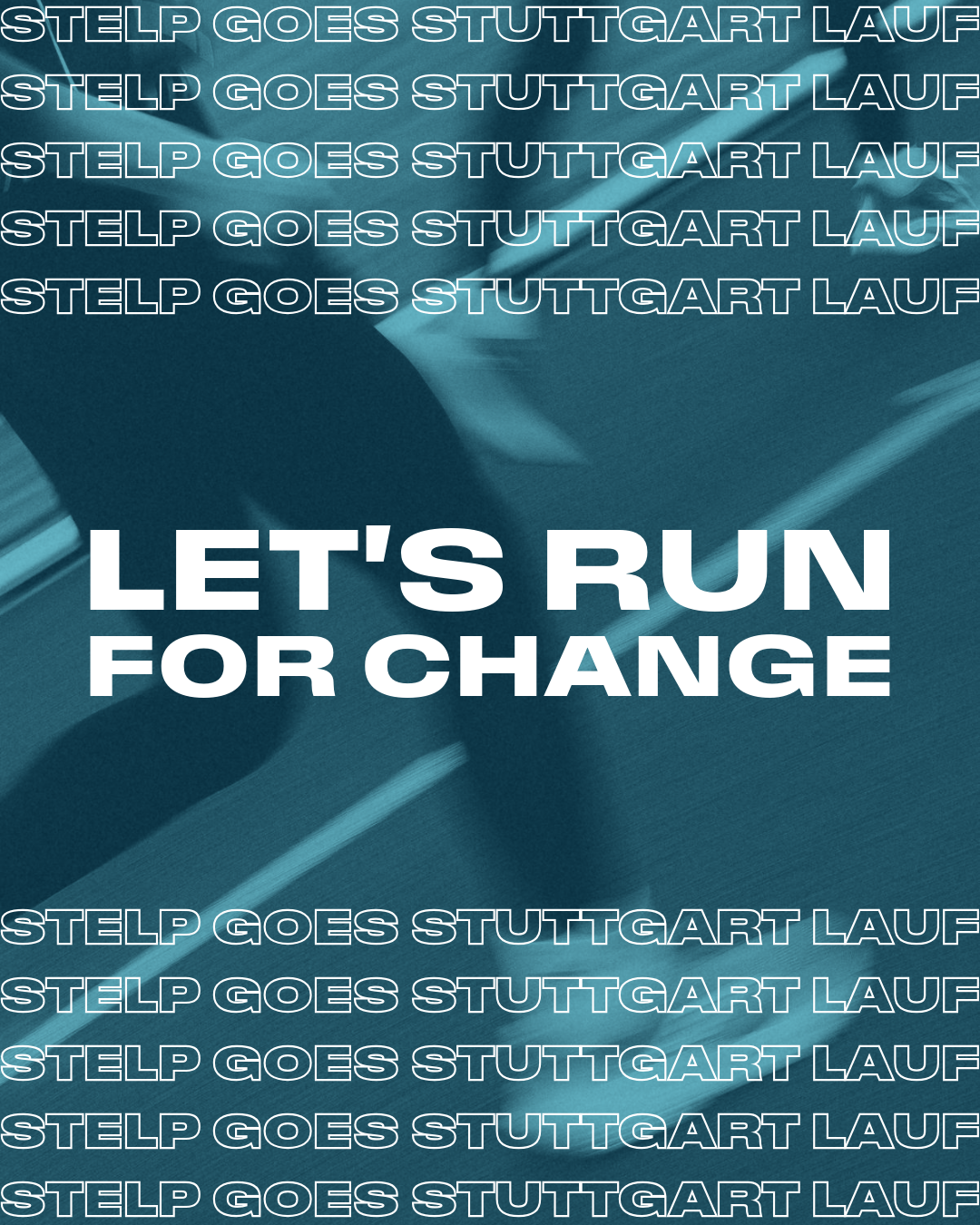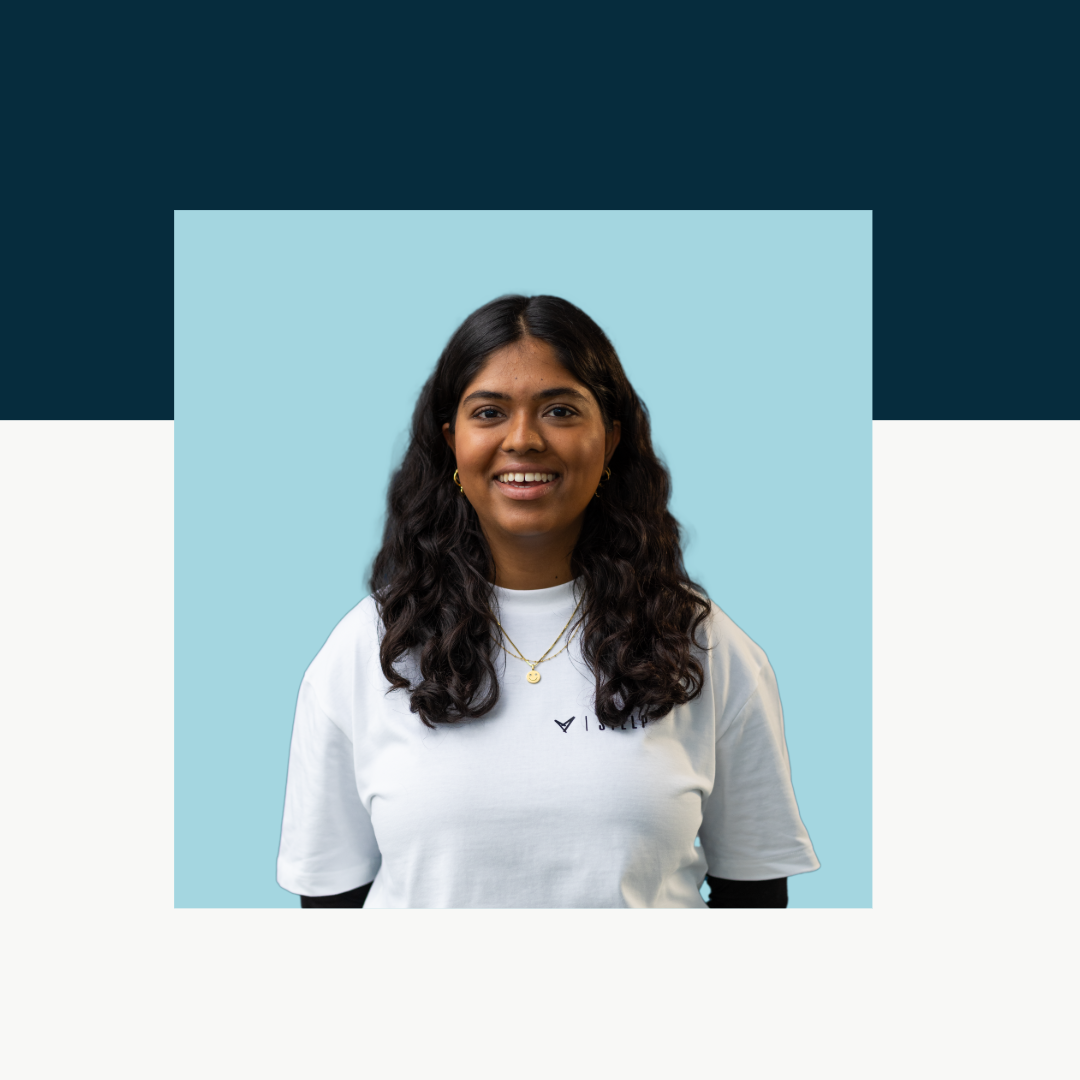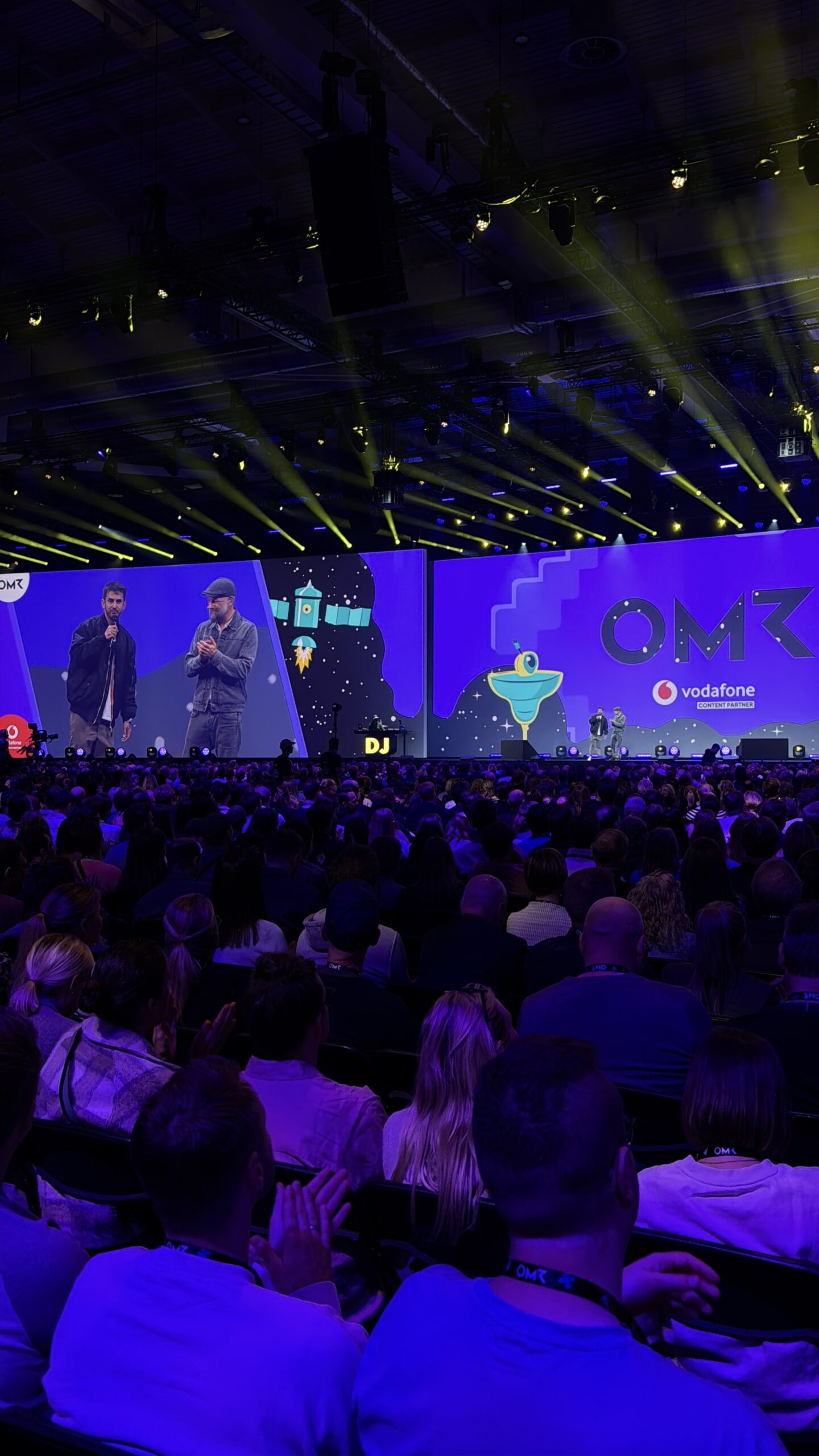We are now active on three continents and in 17 countries. Our goal: to help as quickly and efficiently as possible. How does this work? Thanks to our partners in the countries where we are active! They are well connected, have important contacts and, above all, know the local conditions. To get to know our so-called “Supporters on Site” better, we introduce them to you in our interview series.
One of them is Jonas. With his association Pflaster für Tansania e. V., he supports Kafika House, a rehabilitation center for children and the Meserani Snake Park Clinic.
STELP: Why don’t you briefly introduce yourself. Who are you and in which country are you working with STELP?
Jonas: My name is Jonas, I am 27 years old and come from the Stuttgart region. I am the first chairman of the non-profit organization Pflaster für Tansania e.V. Our organization works with STELP in northern Tanzania. We support several projects in the field of healthcare. We focus in particular on snakebites and people with operable disabilities. We support two local projects in these two areas: Kafika House (formerly The Plaster House) – from which our name is derived – and the Meserani Snake Park Clinic.
STELP: What do you do for a living?
Jonas: I am currently studying in the field of International Relations (IR) at the beautiful Lake Constance. I also work as an emergency paramedic in various districts in Germany and internationally.
STELP: How long have you been a “Supporter on Site”?
Jonas: I first came into contact with STELP about three years ago through an emergency doctor I was working with. STELP and us at Plasters for Tanzania quickly realized that we pursue the same interests and act according to the same principles. We got talking about this and realized that a collaboration would also be conceivable. Even during the first meetings with the rest of the STELP team and Serkan, it was clear to us that the same values of transparency, openness and honesty are very important to us. We have been working with STELP on both projects since the beginning of 2022.
STELP: Why is your project so dear to you?
Jonas: Through my work in the healthcare sector, global health equity and unrestricted access to medical care are close to my heart. In Germany, we have the luxury of being able to fall back on – mostly functioning – care in the outpatient and inpatient sectors. The costs are borne by the health insurance companies. In Tanzania, many people do not have free access to medical care, as they often have to bear the costs themselves. The two local projects support people who would normally be denied access to medical care. The political attention
is rather low, as it is mainly people in rural Tanzania who are affected.
STELP: What kind of work do you enjoy most n your project?
Jonas: In general, I really enjoy supporting our local partners in coordinating their projects and overcoming logistical and legal challenges. I particularly enjoy the exchange and cooperation with many different stakeholders, e.g. the local population, project partners or other organizations.
STELP: Do you have a life motto?
Jonas: I don’t think I have a real life motto. I admire the way people live in Tanzania. Openness, friendliness and hospitality are a matter of course, even though these people have far fewer material resources than people in Germany. I try every day to appreciate the little things more and to realize that it is only by chance where we are born and what resources we can fall back on.
The video gives you an insight into Jonas’ work at the Snake Park Clinic:




